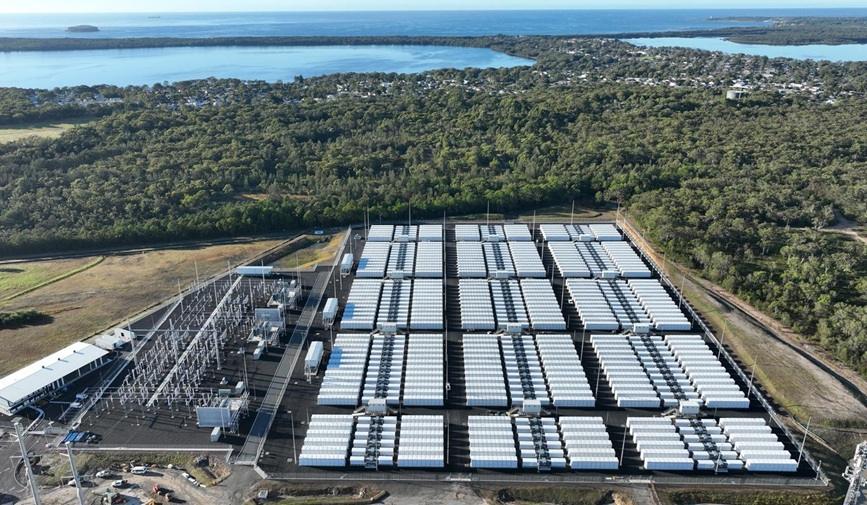DuPont Reaches 100% Renewable Electricity Across Europe
Multinational chemicals company DuPont announced a major milestone in its global sustainability journey, with 100% of its grid electricity across all EU operations now coming from renewable sources.
According to DuPont, the achievement has been made possible through the use of Renewable Energy Certificates (RECs) and on-site solar energy. The company said that the announcement marks a key step towards its commitment to reach net zero carbon emissions by 2050. DuPont has also set 2030 goals to reduce Scope 1 and 2 emissions by 50%, Scope 3 emissions from purchased goods and services and end-of-life of sold products by 25%, and to source 60% of power from renewable sources.
Alexa Dembek, Chief Technology and Sustainability Officer at DuPont, said:
“At DuPont, we are guided by a core value of protecting the planet, aligning our sustainability goals to meet the expectations of our customers, value chain partners and the communities in which we operate. Converting our EU manufacturing sites to 100% renewable electricity is a significant step in our journey to further reduce our emissions, lower the carbon footprint of our products and put us on a clear path toward decarbonization in our operations by 2050.”
DuPont currently operates 13 manufacturing sites across the EU, all of which are now powered by renewable electricity. These have included the installation of on-site solar panels and the purchase of bundled and unbundled RECs.
The new milestone in the EU follows the company’s 2021 commitment to RE100, a global initiative led by the Climate Group in partnership with CDP, focused on bringing companies together via a pledge to power their operations entirely with renewable energy.
DuPont’s 2024 sustainability report further details the company’s progress toward its 2030 goals. As of 2024, DuPont had reduced Scope 1 and 2 greenhouse gas emissions by 58% from a 2019 baseline, exceeding its 2030 target and aligning with the Paris Agreement’s 1.5°C ambition. Scope 3 emissions were also down 39% from 2020 levels.





